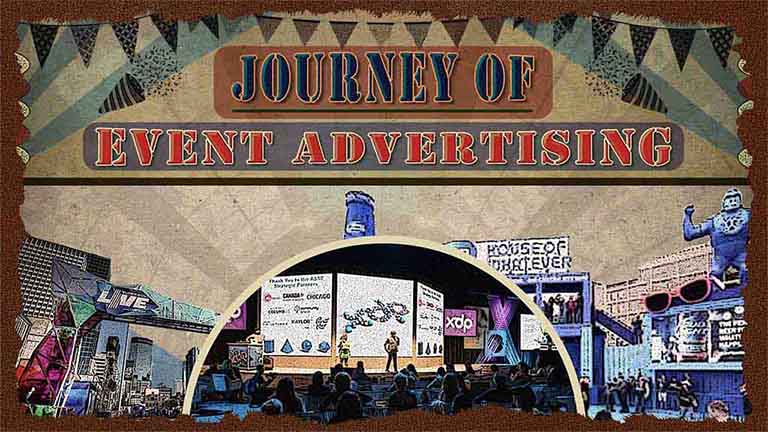Cleopatra, the ancient Egyptian queen, is recognized as one of the first known event planners, hosting grand and extravagant gatherings to pursue her romantic interests thousands of years ago. During that era, the internet was non-existent, and messages were conveyed through the laborious efforts of servants and free labour, often taking months to reach their recipients. Despite the challenges, event planning remained an essential aspect of showcasing wealth and royalty, often exhibited by kings and rulers.
As societies progressed with the advent of industrialization, the need for meetings and events continued to grow. Technological advancements and new ideas began to shape the event industry, leading to constant changes and innovations. The pivotal moment for the modern event business occurred in the 1990s with the invention of the internet. This breakthrough transformed how events were organized, marketed, and experienced.
The rise of smartphones and social media further revolutionized the event industry, making events readily accessible to the public from any location. Events have become powerful platforms that allow people to connect with diverse audiences, spend quality time together, and foster brand awareness and creativity. It is these attributes that make event advertising an ideal choice for businesses.
In India, event branding has emerged as a creative tool through which companies can effectively reach their target audience and establish personal interactions with potential consumers. Events provide a unique opportunity for brands to engage directly with their target demographic, creating memorable experiences that leave a lasting impression.
Placing a brand in the context of a well-organized and captivating event ensures that it captures the attention of everyone present, turning them into prospective buyers. The dynamic and immersive nature of event advertising urges the audience to take immediate action, whether it is visiting the stores, exploring products and services, or engaging with the brand on social media.
Event advertising offers a holistic approach to brand promotion, fostering positive associations and emotional connections with the audience. It allows brands to showcase their offerings in a memorable and interactive manner, strengthening their position in the market and building long-lasting relationships with customers.
In conclusion, the concept of event planning can be traced back to ancient times, with Cleopatra serving as one of the earliest known event planners. Over the centuries, event planning has evolved significantly, adapting to changes in technology and societal needs. In the modern era, event advertising has become a powerful tool for businesses to connect with their target audience, create personal interactions, and foster brand loyalty. With the ability to reach diverse and engaged audiences, event advertising continues to be a highly effective strategy for companies seeking to maximize their brand’s visibility and impact.




